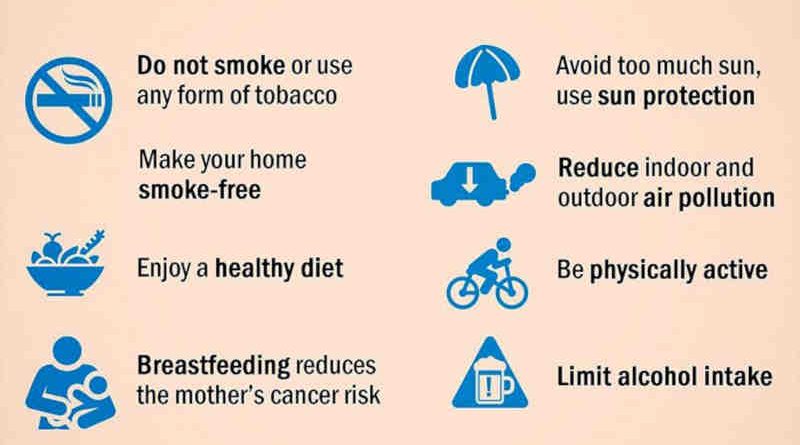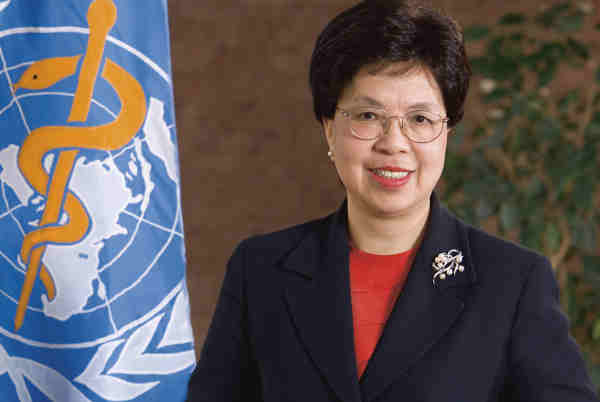What Causes Cancer? Air Pollution and Tobacco Use

Cancer is a generic term for a large group of diseases that can affect any part of the body. Other terms used are malignant tumors and neoplasms. One defining feature of cancer is the rapid creation of abnormal cells that grow beyond their usual boundaries, and which can then invade adjoining parts of the body and spread to other organs, the latter process is referred to as metastasizing. According to WHO, metastases are a major cause of death from cancer.
Ageing is another fundamental factor for the development of cancer. The incidence of cancer rises dramatically with age, most likely due to a build-up of risks for specific cancers that increase with age.
[ Also Read: Air Pollution May Cause Mass Exodus from Delhi ]
The overall risk accumulation is combined with the tendency for cellular repair mechanisms to be less effective as a person grows older.
Between 30–50% of cancers can currently be prevented by avoiding risk factors and implementing existing evidence-based prevention strategies. The cancer burden can also be reduced through early detection of cancer and management of patients who develop cancer. Many cancers have a high chance of cure if diagnosed early and treated adequately.
Modifying or avoiding key risk factors can significantly reduce the burden of cancer. These risk factors include:
- tobacco use including cigarettes and smokeless tobacco
- being overweight or obese
- unhealthy diet with low fruit and vegetable intake
- lack of physical activity
- alcohol use
- sexually transmitted HPV-infection
- infection by hepatitis or other carcinogenic infections
- ionizing and ultraviolet radiation
- urban air pollution
- indoor smoke from household use of solid fuels
According to WHO, tobacco use is the single most important risk factor for cancer and is responsible for approximately 22% of cancer-related deaths globally.
💛 Support Independent Journalism
If you find RMN News useful, please consider supporting us.




